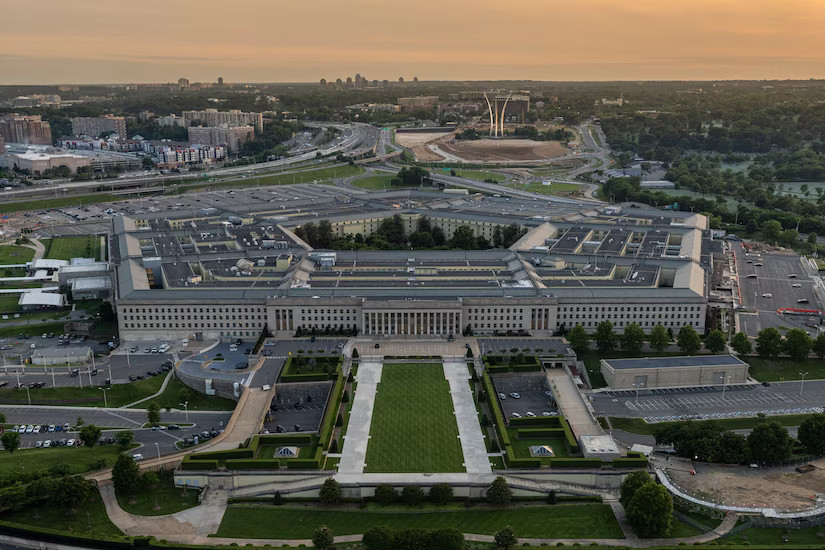
As the clock ticks down to October 1, the United States faces the looming threat of a government shutdown. While political gridlock and funding disputes may seem like a distant concern to the average citizen, the potential consequences of such an event on national defense are a matter of critical importance. Deputy Defense Secretary Kathleen Hicks and Pentagon Press Secretary Sabrina Singh have both voiced their concerns, emphasizing the potential damage a shutdown could inflict on the nation’s security and military readiness.
The impending government shutdown results from Congress’s inability to pass a funding bill or a continuing resolution by the end of the fiscal year. Failure to do so will trigger a shutdown on October 1, with far-reaching implications. Kathleen Hicks stresses the urgency of the situation, emphasizing that the shutdown must be averted to prevent disruptions not only to the Defense Department but also throughout the federal government.
The Defense Department’s preference is for a full-funding bill to be passed. However, a continuing resolution becomes the more favorable option in the event of a government shutdown. This resolution would maintain appropriations at the previous fiscal year’s level for a specified duration, preventing a complete funding halt.
One major concern is the impact on DOD civilians, including over 800,000 employees. Furloughs would be inevitable for those not involved in excepted activities, significantly affecting their livelihoods. Additionally, military personnel on active duty may be required to carry out their duties without pay, which can pose significant financial challenges for them and their families.
The consequences of a government shutdown extend beyond the immediate financial strain. Troops may continue to protect the nation, but their training operations could be curtailed, jeopardizing long-term readiness. Training plays a pivotal role in maintaining combat readiness and national security. Any interruptions in training schedules can have lasting effects on the armed forces’ preparedness.
Furthermore, efforts to support allies and partners, such as Ukraine, may face obstacles during a shutdown. While approved funding remains accessible, the Department’s ability to allocate and deliver resources could be impeded, potentially affecting critical international relationships and strategic interests.
As the U.S. faces a complex geopolitical landscape and emerging global challenges, the stability and readiness of our defense forces are paramount. Deputy Defense Secretary Kathleen Hicks and Pentagon Press Secretary Sabrina Singh both emphasize that avoiding a shutdown is imperative. The consequences of a lapse in funding could have far-reaching effects on national security, military readiness, and the well-being of those who protect our nation.
